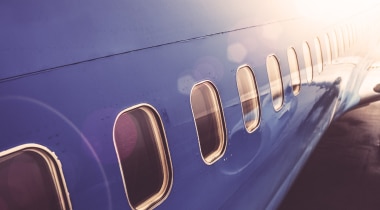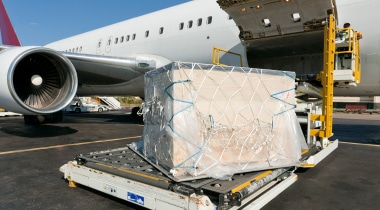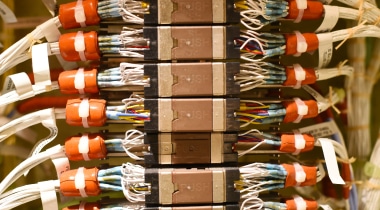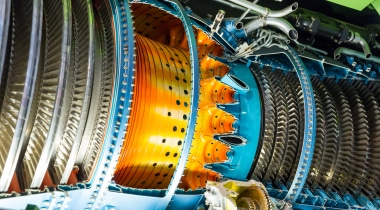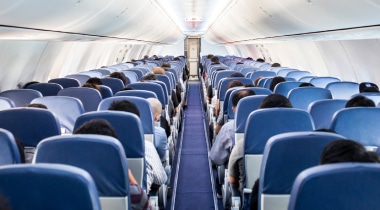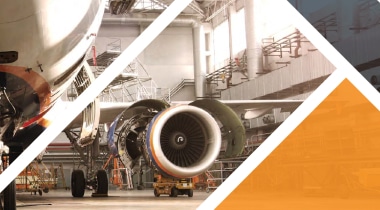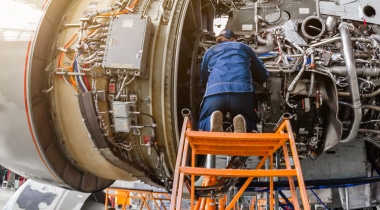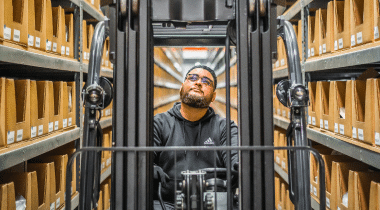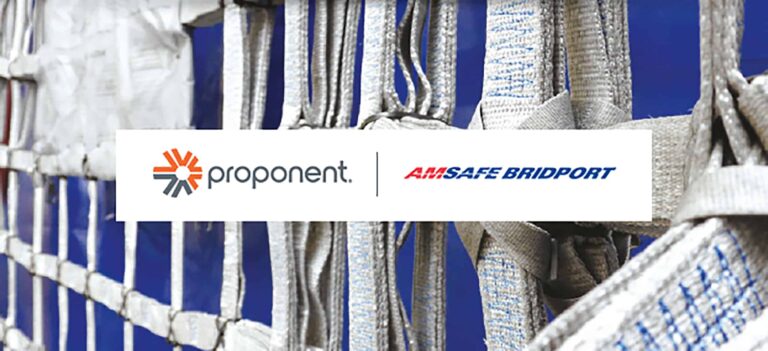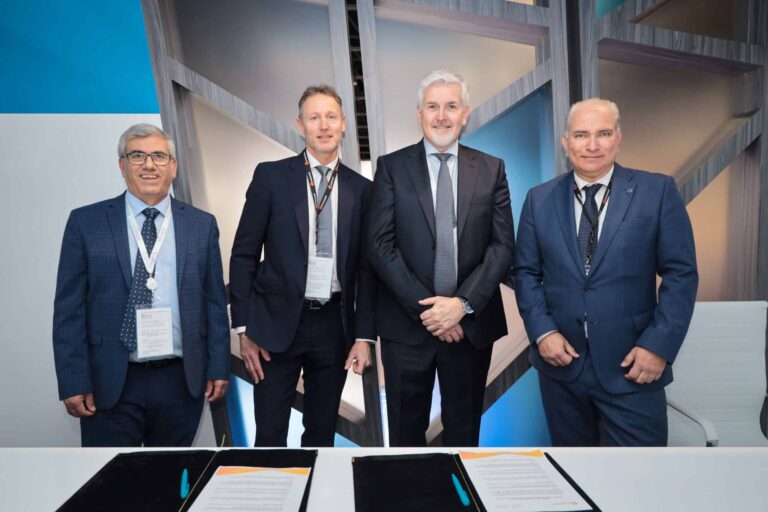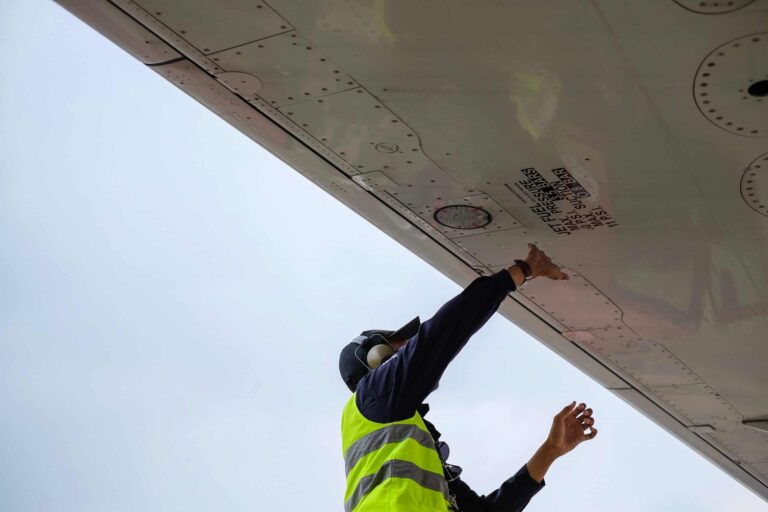Recently, The Wall Street Journal investigated FAA plans to overhaul ACARS, the decades-old software used by air traffic controllers around the world. This software communicates with aircraft systems, and it is heavily relied upon for scheduling, maintenance and other operations. While a cyber attack would pose little immediate threat to planes in flight, entire airports could face massive disruptions if the dated system were targeted. As the FAA begins to seek out a cyber security solution for this, airlines have already begun to ward off aircraft hacking attempts.
In-Flight Systems
Last year, a security researcher claimed to have momentarily commandeered a plane by hacking into the cabin’s in-flight system. Luckily, FBI agents have largely discredited this incident as either exaggeration or misinterpretation. As Aviation Weekly reports, in-flight systems have been designed to be separately secured, meaning information is not passed or shared between them. As airframers insist, this has made cyber attacks through these means impossible.
Advances in Technology
The rise of wireless communication technologies, like the Internet of Things (IoT), and the use of space drones in MRO activities brings an increased risk for aircraft hacking. While traditional methods of cyber security, like firewalls and data encryption, are guaranteed to be in place, airlines, OEMs and MROs must remain on top of ever-changing threats. As CNN Money discussed in a 2015 article, nearly one million new malware threats are released daily. This requires all sectors of the aerospace industry to remain vigilant and timely when implementing improvements to cyber security.
Aerospace Supply Chains
While airlines may have cyber security under control, a breakdown in the supply chain has the potential to open the door to aircraft hacking. As airlines communicate with parts suppliers, protection of systems must be in place to ensure the aerospace industry is protected from cyber attacks. While these protections include encryption of customer data, suppliers must also be wary of more traditional scams.
This spring, Austria’s FACC was hit by a cyber scam, causing the aerospace supplier to lose roughly $47 million. The losses came as the result of a fraudulent email in which the sender claimed to be former CEO Walter Stephan. The message requested a funds transfer for a top-secret acquisitions project. Known as the “fake president” email, this type of scam can put unsuspecting aerospace personnel from all levels at risk for massive monetary losses.
Protecting Aerospace
Because of the increase in cyber-attacks among all sectors—from the recent US presidential election to companies like Yahoo—preventing threats like aircraft hacking has become a top priority for airlines. Part of combatting this threat is using trusted aircraft distributors within the supply chain. At Kapco Global, our customers can rest easy knowing we utilize the latest technologies and training necessary to keep them secure.
More from the Kapco Global Blog
Aircraft Manufacturing: Benefits of the Lean Process in Retooling and Retraining
MRO Strategies for Tackling “Rightsizing” Within the Aviation Industry
Aviation Fuel Prices: Projected Increases and Possible Impacts to Aerospace
